School Sails
Sail Training Programmes For Schools
Sail Training Programmes For Primary And Secondary Schools
Maybe Sailing Youth Initiative aims to provide young people with an unforgettable experience where they can develop valuable life skills and have fun. Maybe Sailing Youth Initiative has developed a close working relationship with schools across the UK and Ireland. Following a successful primary school pilot scheme in 2012, Maybe Sailing Youth Initiative is now offering sail training programmes to both primary and secondary schools, during term time and opportunities throughout the school holidays.
Programme Overview
Tall Ships and historic traditional sailing vessels such as Maybe are working examples of history which provide a wealth of inspiration and knowledge to share with people of all ages. It is our aim to encourage learning and to facilitate a relationship with sailing and the sea as well as developing self-awareness, leadership and a sense of community whilst aboard.
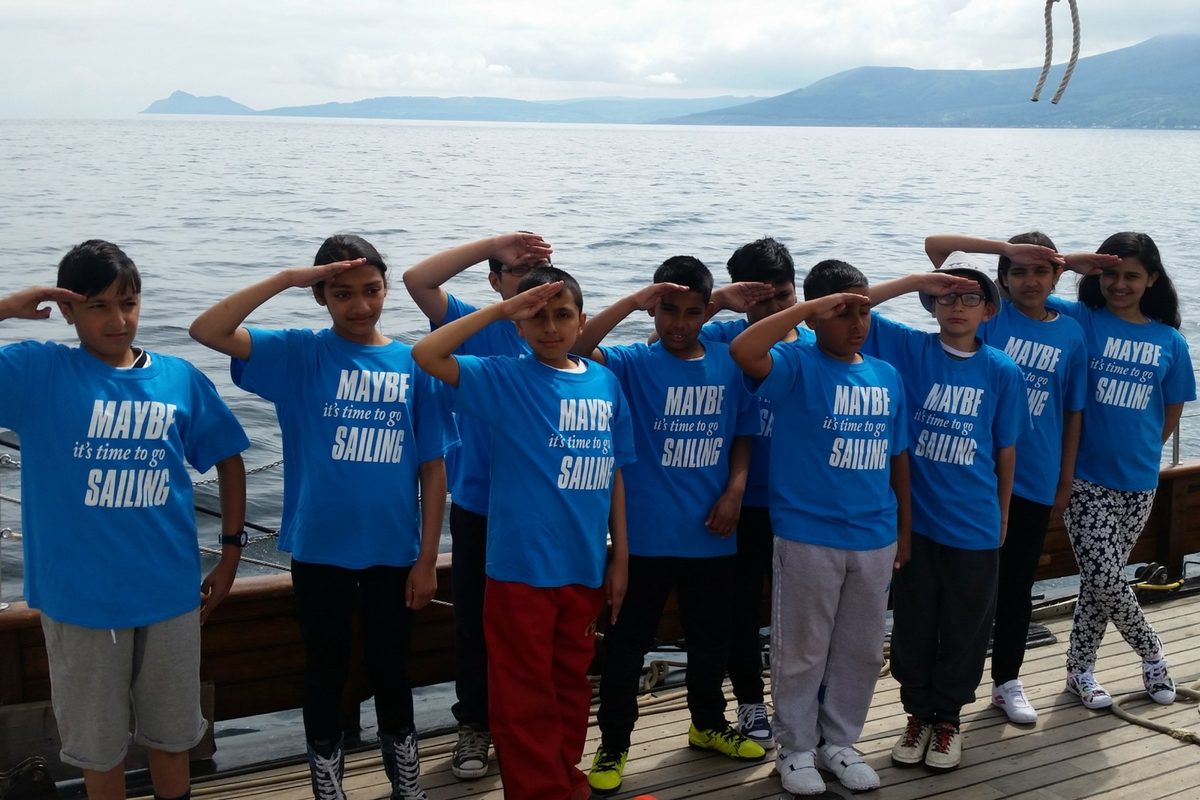
Programme Goals
- Our programmes educate, inspire, and engage young people by;
- Promoting self-awareness and responsibility
- Developing communication, teamwork and leadership skills
- Gaining respect for themselves and others
- Promoting nautical history and skills whilst understanding life on board a tall ship
- Providing a fun and safe experience for the entire group!
The highlight of the Tall Ship Adventure programme is your visit to the Tall Ship Maybe. To enhance the overall experience and maximize the benefits to your pupils we recommend taking advantage of the pre-visit activities. We want your experience with us to be a meaningful part of your academic year.
Life On Board
Don’t worry if you have not sailed before. The permanent crew is always on hand to support you through the tasks involved, you will always have an experienced permanent crew member with you on watch to show you what to do and answer any questions. Every pupil is given the opportunity to steer the boat, keep a look-out, make log entries, hoist sails and get involved with the general operation of the ship. When we trim the sheets or undertake a manoeuvre such as tacking or gibing, hoisting or dropping a sail, everyone gets involved!
On board Safety
The safety of everyone on board is of paramount importance. Maybe is maintained in accordance with the Maritime & Coastguard Agency’s Code of Practice for Small Commercial Vessels. Regular surveys by independent assessors and on-going maintenance ensure that Tall Ship Maybe meets and exceeds the legal requirements to operate as a sail training vessel.
The permanent crew on board Maybe are trained and qualified in accordance with the regulations laid down by the Maritime and Coastguard Agency (MCA). The Skipper is qualified as a Royal Yachting Association Yachtmaster Ocean with Commercial Endorsement. Under maritime law, the Skipper is responsible for the safety of the vessel and everyone on board. Each voyage starts with a safety briefing. There are important points that must be covered during these briefing sessions. These include fire alarms/drills, man overboard and most importantly the wearing and use of life saving equipment. Everyone is required to wear integrated lifejacket/harness whilst on deck at sea.
Other safety requirements to be aware of
- For safety reasons, smoking is strictly prohibited and is not allowed on board.
- Alcohol consumption is prohibited on board during any youth voyage.
- No drugs permitted on board unless there is a proof of prescription of a medical provider. This is a ZERO tolerance policy. The persons responsible will not be allowed to continue the trip.
- Insurance: Maybe Sailing assumes responsibility for members of the group, individuals and other passengers only when afloat with Maybe or its tender and holds insurance to cover legal liability in the event of injury or mishaps during these periods. Maybe Sailing does not cover loss or damage to personal property, personal injury or medical needs other than where Maybe Sailing negligence is involved. Group leaders and individuals should provide additional insurance cover to meet any medical needs and for loss or damage to personal property when off the vessel.
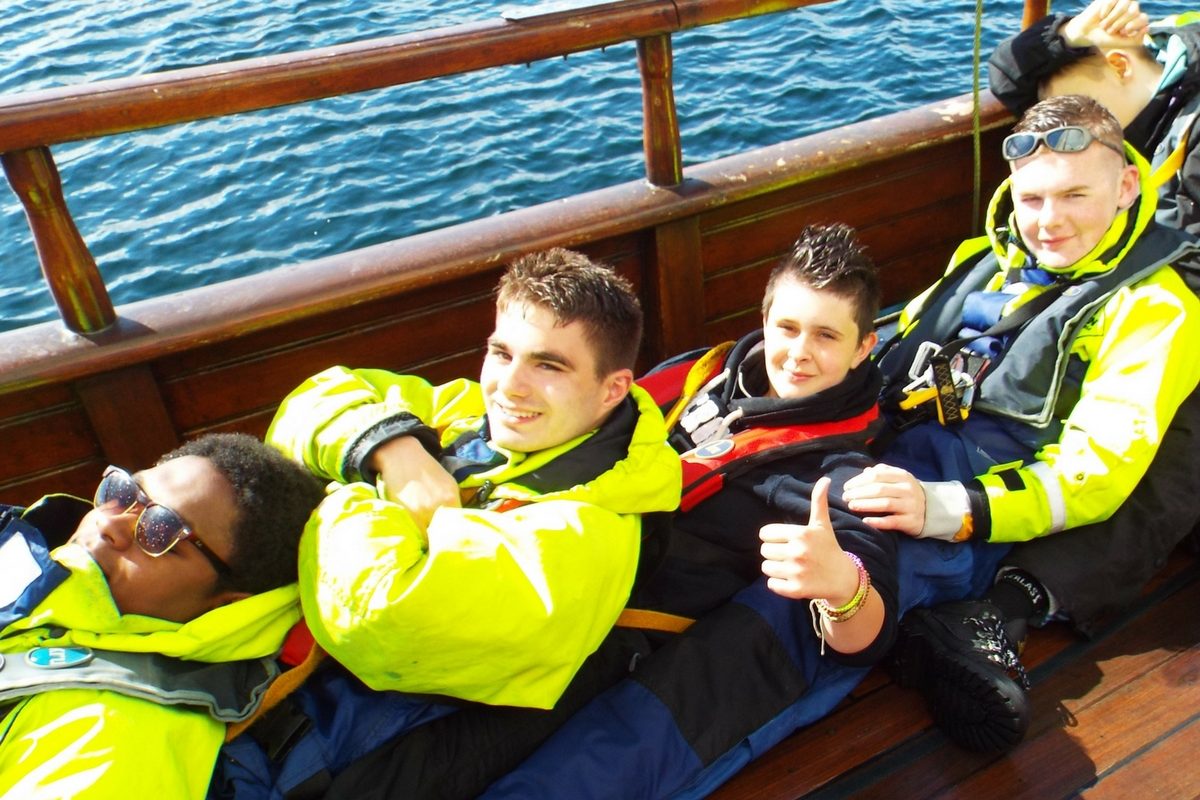
Benefits of Sail Training
The benefits and importance of youth development through sail training has been documented in a number of studies, most notably in the research study conducted by the University of Sydney, Australia, in research conducted by the University of Otago, New Zealand and more recently in the research conducted by the University of Edinburgh that was commissioned by Sail Training International.
Each piece of research concludes that those participating in a structured youth development program on a tall ship benefit in a number of ways that include but not limited to: developing increased teamwork and leadership capabilities as well as increasing the level of community responsibility.
GENERAL POINTS TO NOTE
-
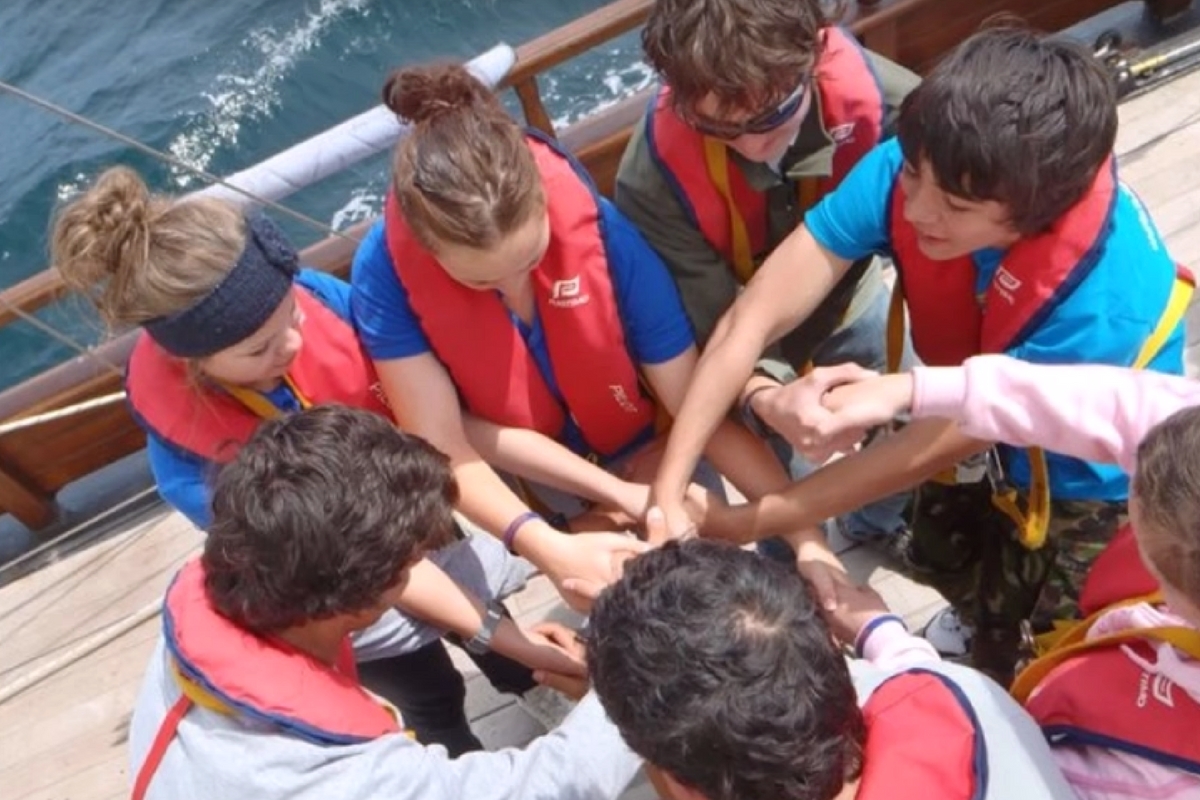
RESPECT
Maybe Sailing Youth Initiative fosters an atmosphere where people feel comfortable on board. Creating a sense of community and well-being with the group is as important as sailing the boat! Rules and boundaries must be established. Yelling and raised voices, unless safety is at stake, is not tolerated.
-
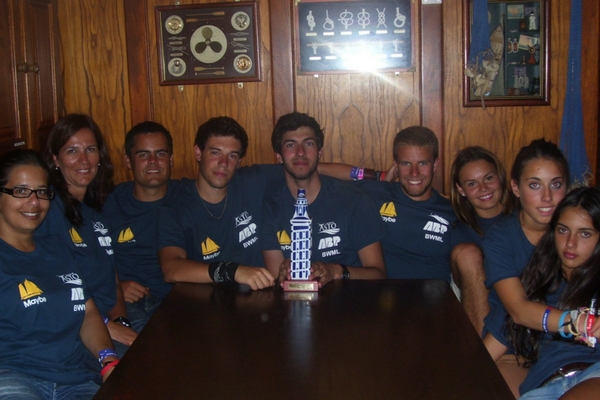
ENVIRONMENT
Life on board a sailing ship is very different to life on land. Students and leaders enter an entirely new world aboard and often feel out of their normal comfort zone. Pupils have individual bunks in either twin cabins or a six berth cabin, all are centrally heated. There are two shower rooms/toilets, a saloon and kitchen. However as on all sail training vessels space is limited and pupils must ensure that cabins are kept tidy at all times and luggage is a soft bag NOT a rigid suitcase.
-
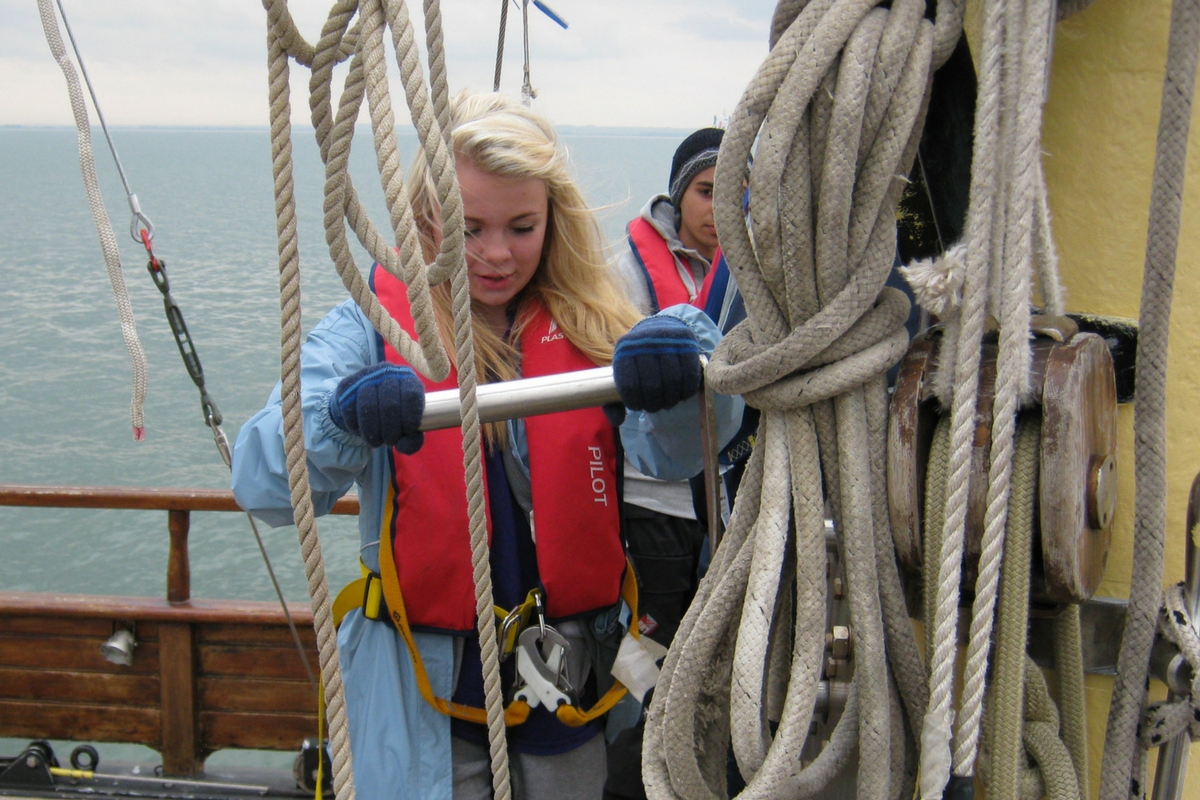
THE SHIP’S NEEDS
As safety is our first priority, when a member of your group is given a task by a crew member, they must assist – it might be of vital importance! Explanations of tasks are always provided, but sometimes a pupil will have to wait for the explanation afterwards. Leaders should let pupils know that they are expected to comply with crew commands and always complete tasks at hand.
-
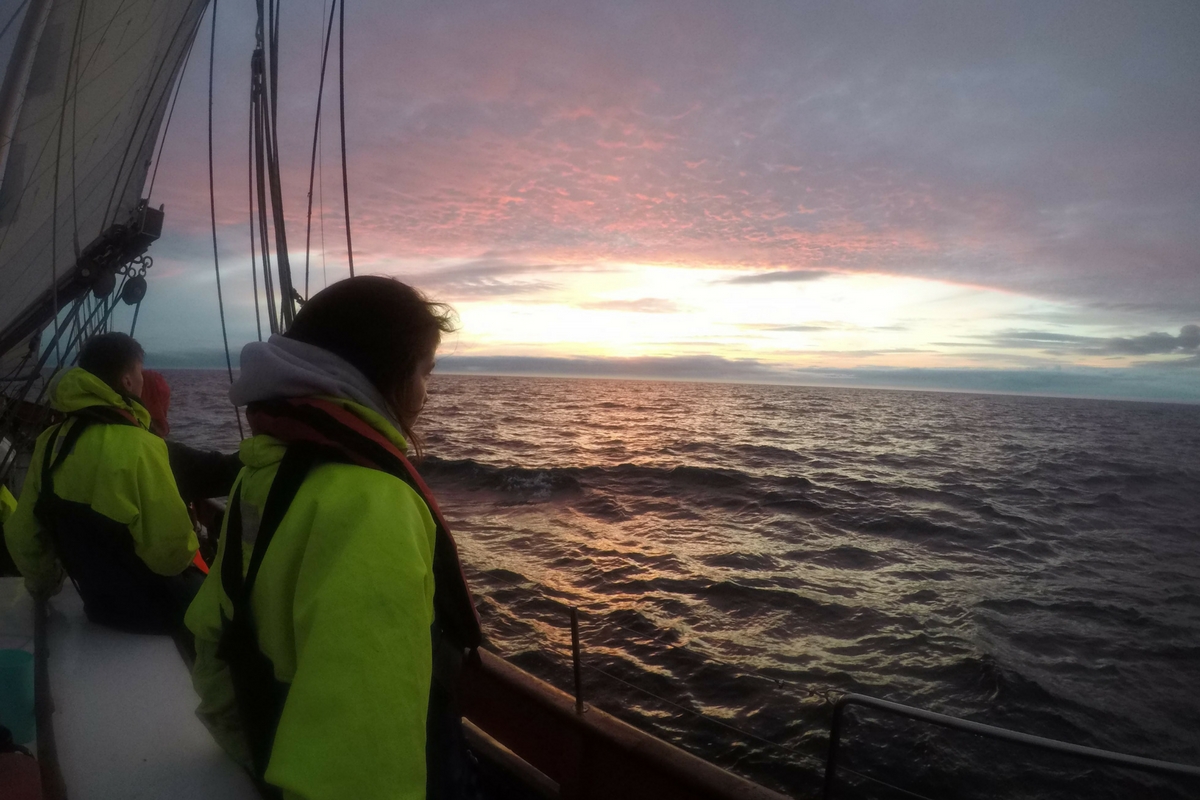
WATCH KEEPING
Depending on the duration of the voyage, a watch keeping system will be created to help pupils enjoy all aspects of sail training. If sailing through the night is necessary to your trip and has been planned and agreed in advance, the watch system ensures that duties are shared fairly across the group and everyone gets time for sleep. The Group Leader and Skipper would agree the composition of watch groups.
-
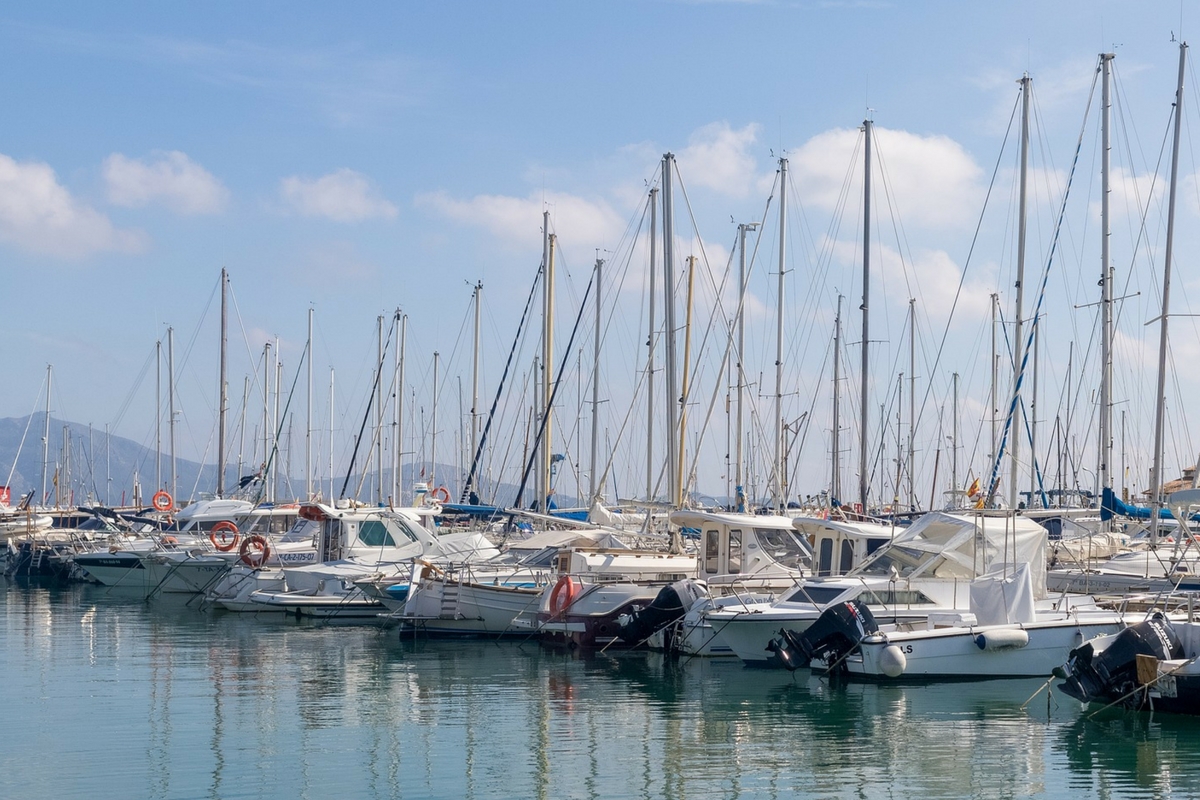
MARINAS
Sometimes your group may berth overnight at a marina. The group is able to use the Marinas facilities. Marinas are frequently used by other boat owners so please make sure all pupils are accompanied by a leader when using the onshore amenities and behave appropriately. Also, please remember the safety of the pupils when not under the direction of Maybe crew.
-
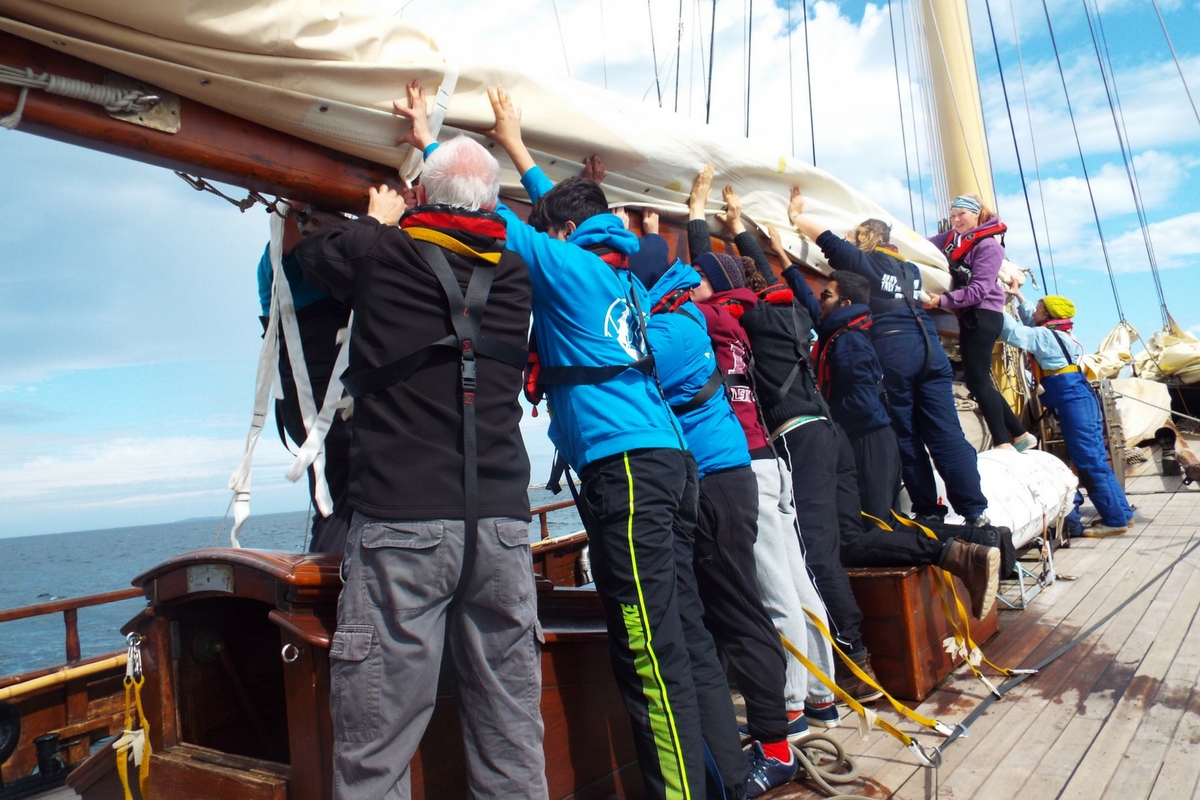
ACTIVITIES
With sailing comes periods of high and low intensity activity. The voyage will be structured to ensure pupils are involved with hands on sailing activities as well as well as working in teams to look after the group. Leaders should be flexible and prepared for fast paced activities as well as of periods quiet. These dynamics help to create the unforgettable experience that is tall ship sailing.
-
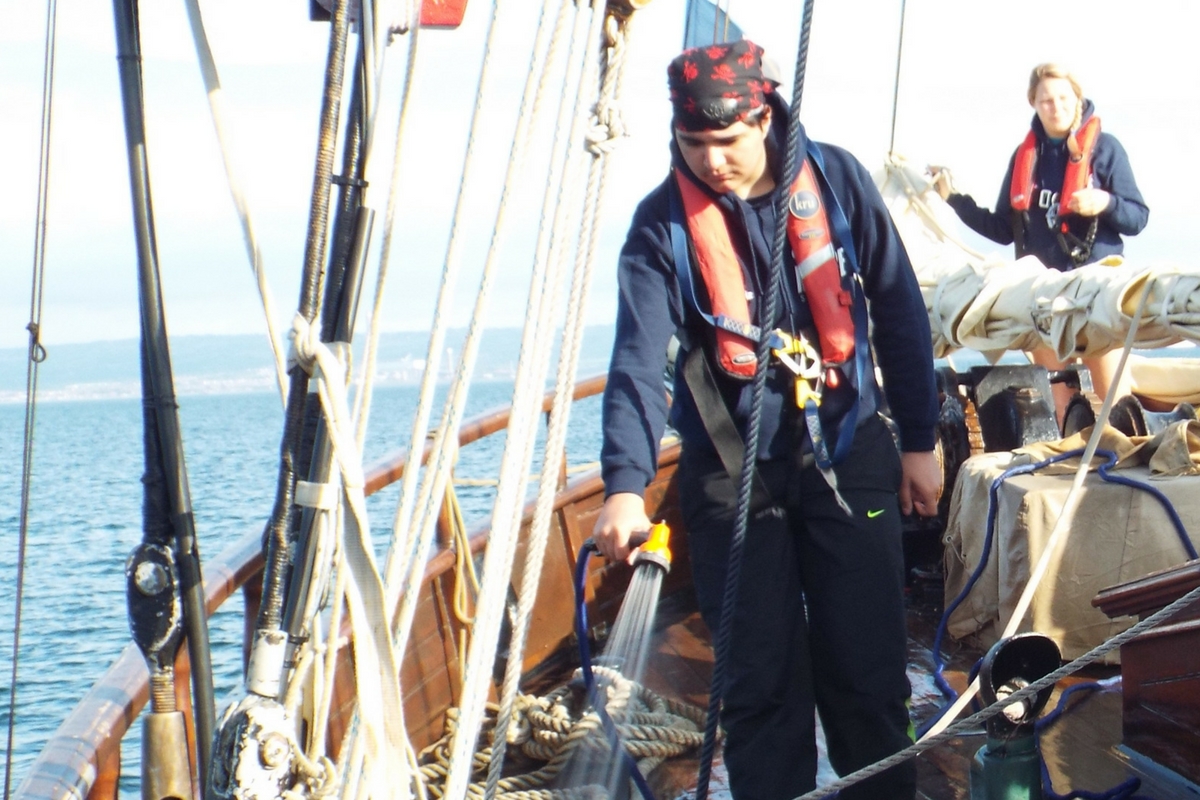
CLEANING
The saying “Ship shape” is perfectly relevant to our voyages. With so many people living in a small space; domestic chores will take on a new importance and are essential to maintain a healthy and enjoyable environment. Maybe staff and the group leaders cooperate to oversee the cleaning tasks each day. These tasks range from cleaning the toilets and wash basins, to the floors, the galley and fridge and of course… swabbing the decks! It is necessary for the leaders to approach the tasks positively in order to promote a constructive environment and to be good role models for the students.
Typical Routine
-
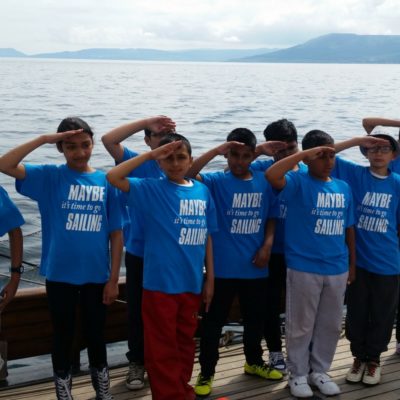
24 HR SCHOOL SAIL (PRIMARY SCHOOL)
Download a PDF of our typical routine for a 24-hour school sail for primary school.
-
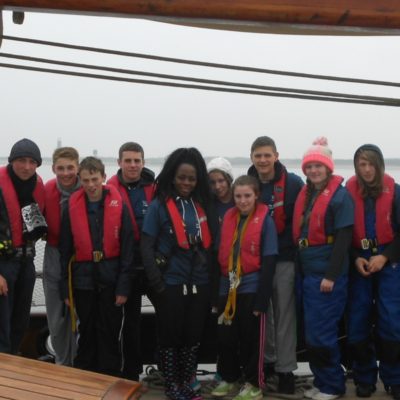
5 DAY VOYAGE (SECONDARY SCHOOL)
Download a PDF of our typical routine for a 5-day voyage for secondary school.
To find out more about our school sails and arrange a meeting with our education coordinator, please contact info@maybe-sailing.com.
